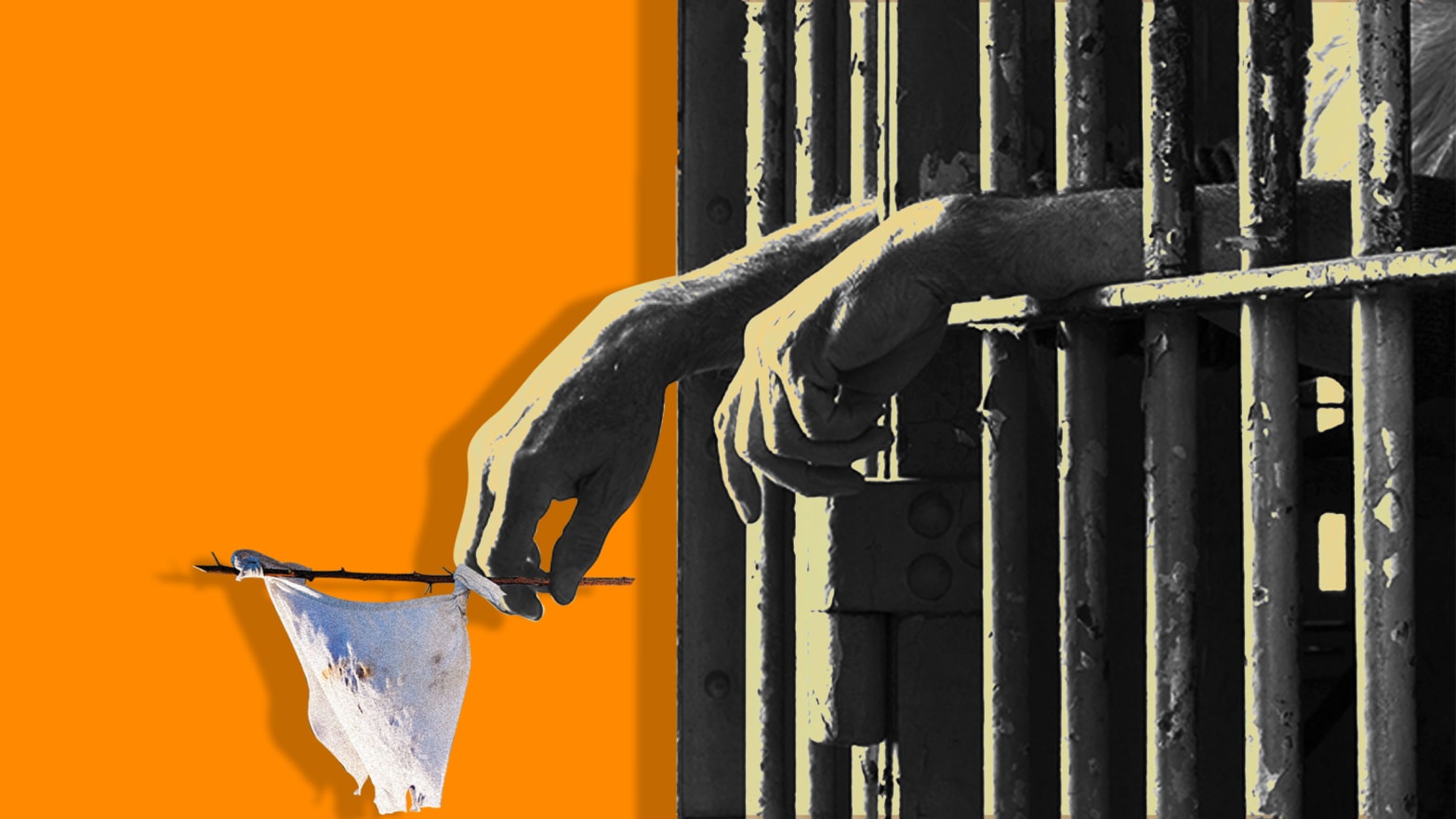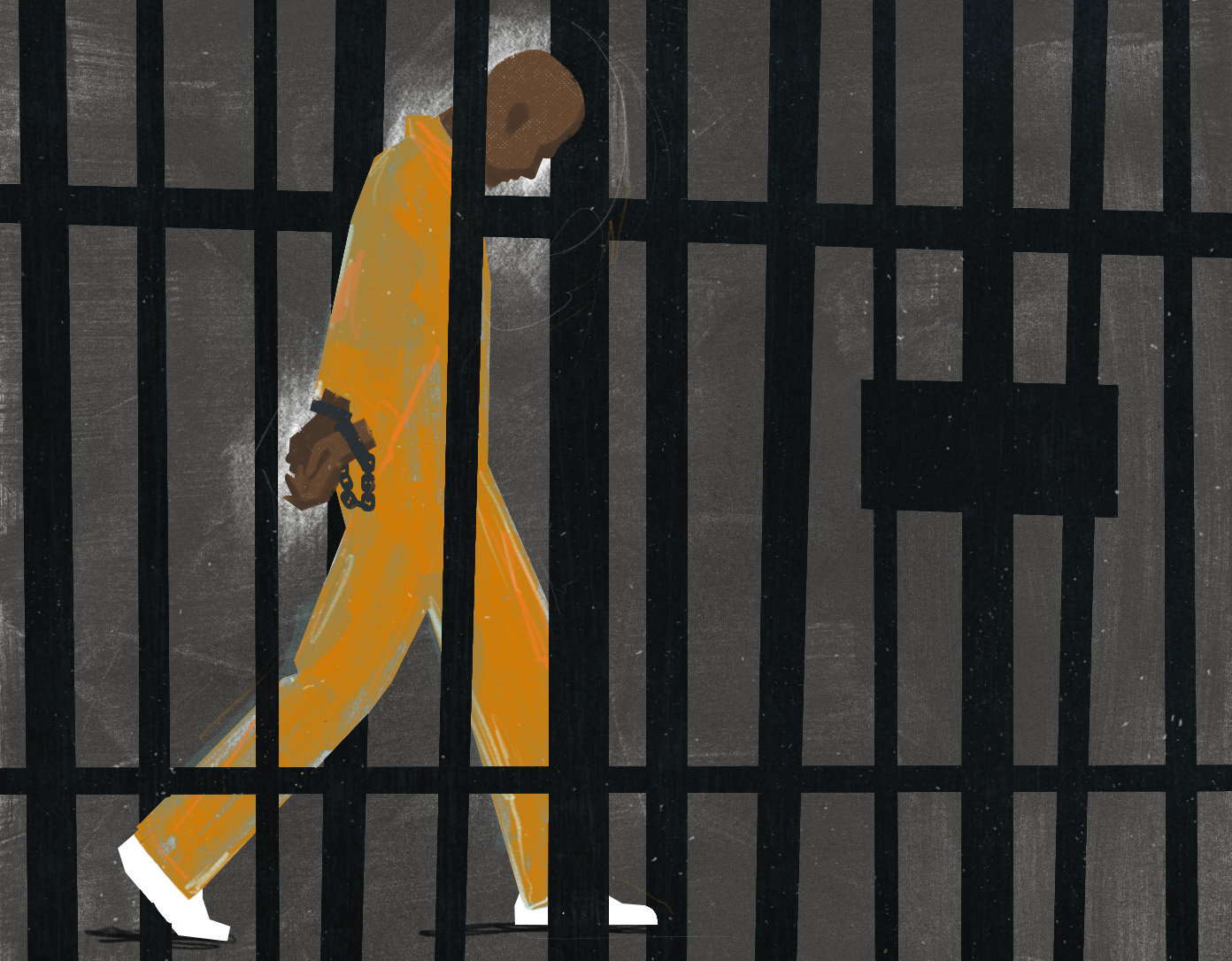
Bail is when a layman has a slight idea about its meaning or use. Bail means freeing a person from the custody of the police authorities or state bodies. The term bail comes into the picture when a person is accused of any crime. In India, bail can be determined as a fundamental right, as Article 21 of the Indian Constitution gives the right to freedom or personal liberty.
Other provisions regarding bail are mentioned in the Code of Criminal Procedure, 1973, which mentions three types of bail: bail in bailable offence, bail in non-bailable offence and anticipatory bail. Bail in bailable violation is covered under Section 436 of the CRPC, and it denotes the bail granted in less heinous crimes. Bail in non-bailable offences is covered under Section 437 of the CRPC, which states the procedural aspect of granting bail in heinous crimes. Anticipatory bail is provided under Section 438 of the CRPC, which is the type of bail in which a person can be prevented from arrest.
Thus, the central concept of bail and all its provisions is to safeguard the right to personal liberty of the accused despite the nature of the crime he is charged with. Bail has been granted as a shield to the accused as the person has to face the state authorities to defend himself. However, bail does not answer any question regarding the person’s guilt, and it is only accepted or rejected to guarantee the presence of the accused during the trial and to deliver a fair trial.
Who can grant Bail?
After studying the concept of bail, the first question is, who can grant bail? As the decision to grant bail could turn out to be reasonable, or it could be misused to worsen the case situation, it becomes a task of responsibility that needs to be carried out sensibly. So, the power of granting bail in heinous offences has been vested with the judicial authorities and not any government or executory bodies, as it might create a chance of pecuniary bias whenever there is an area of interest. Bail in serious offences can be granted by The Magistrate’s Court, The Trial Court, The Sessions Court, The High Court or The Supreme Court.
In this article, we would be restricted to the magistrate’s power in granting bail in offences that carry the death penalty or life imprisonment. Section 437 of the CRPC has granted the magistrate the power to grant or issue bail in non-bailable offences.
However, it has been expressly mentioned that a bail shall not be granted in non-bailable violations if there are reasonable grounds to believe that the person accused has committed the crime, which carries a death penalty or life imprisonment and if the offence is cognizable. The person charged has previously been convicted of a crime which carries the death penalty or life imprisonment punishment.. This states that the power of the magistrate to grant bail is limited due to these two conditions. However, if there is no presence of the elements mentioned above, then it is at the discretion of the magistrate to grant the bail or to refuse it.
Positive Impacts of granting Bail by Magistrate

As we know, matters which revolve around a cognizable offence that, too, with the death penalty or life imprisonment, can prove disastrous for the life of the accused even way before conviction. Even if merely stated as accused in such a case, the person already faces the consequences of being convicted, as the essential elements of his life, such as family, dignity and livelihood, start demolishing. If the person is the sole bread earner in the house, it becomes more complex as not only does he face a crisis, but his family also faces it.
Due to these reasons, bail by the magistrate can prove an early temporary remedy which can assist the accused person to sustain his livelihood and to prepare with a good defence while collecting all the shreds of evidence that are in his favour. Also, it is favourable to the accused if the magistrate court grants bail as it is considered the first authority which has the power to grant bail in such offences. This saves the hassle of the accused appealing to the higher courts regarding the grant of his bail, which also turns into a very time-consuming procedure.
So, depending on the circumstances of the case, granting bail by the magistrate in such offences is a reasonable decision and a fruitful step from the accused’s point of view. It also helps to exercise a person’s fundamental right to personal liberty.
Adverse Effects
Now that we have analyzed the positive points of granting bail to the accused by the magistrate, we will look at the possible adverse outcomes of this decision, which can prove to be harmful to the case and society. Firstly, there is a high risk of the witness being intimidated by the accused to give false testimony in court or withdraw himself as a witness in the case. This will indeed affect the investigation as the magistrate has granted such remedy in an early stage. The next move of the accused person could be the destruction of evidence because of granting this temporary freedom, which will make it difficult for the prosecution to make a strong case. Influencing the investigation using power or connections with influential people can also be done by the accused, and this can further cause obstructions in the investigation.
While being outside prison, the accused can also fabricate evidence or witnesses or create alibis to establish false narratives, which will help him to get the case in his favour unjustly. Due to these reasons, granting of failure by the magistrate must be avoided as it can hamper the initial period of investigation.
Critique

The positive aspect of granting bail by the magistrate is that it emphasizes the foundation of the principle ‘Innocent until proven guilty‘. It safeguards the accused from being in custody, which is more or less equivalent to a punishment. It also ensures the protection of the fundamental right of personal liberty, which is guaranteed by the Indian constitution under Article 21. It also prevents the misuse of detention as a tool in order to create pressure on the accused person.
The negative aspect of granting such remedy in offences, whether the death penalty or life imprisonment by the magistrate is that it could trivialize the gravity of the offence, which could become a significant cause for the loss of trust of the people in the justice system, and this could also create fear in the mind of people as they see a person accused of a heinous crime roaming free in the society. This would majorly portray a failure of the legal system to dispense justice and could hinder the smooth progress of a trial.
The primary concern over here is that the accused can use this temporary freedom to influence the witnesses, tamper with the evidence or even abscond. In this case, there are many negative aspects compared to the positive ones because this is the initial stage of the trial and investigation. Moreover, the major challenge faced by the judiciary is defining a fine line between individual rights and the demand for justice.
Concluding the Discussion
Bail by a magistrate in an offense that is punishable by life imprisonment or death sentence should be more regulated to balance the delegated equilibrium of justice and fairness. Article 21 of the Indian Constitution provides personal liberty to every person it should be restricted to a certain extent while granting bail to an accused of heinous crimes. In various complex cases, house arrest can be a better option, which restricts the person’s liberty and keeps him distant from the unpleasant police custody.
It is also necessary to keep the person in custody who is accused of such crimes as it avoids fear amongst the other citizens and also sometimes guarantees the smooth functioning of the judicial mechanism, as there could be next to no influence from the side of the accused as he has been detained. In order to keep this power of the magistrate, a measured and calculative approach is required, as each case is different from the other, and there should be a thorough thought process implied before granting bail to such accused.
In conclusion, the question which has been arising on many occasions regarding the magistrate’s bail-granting power in heinous crimes involving the death penalty and life sentence should be regulated more to prove itself as fruitful as it can be for both the accused and the victim.
Submitted by Manjot P. Kathawade, 03rd Year LL.B. Student at MIT – World Peace University, Pune.